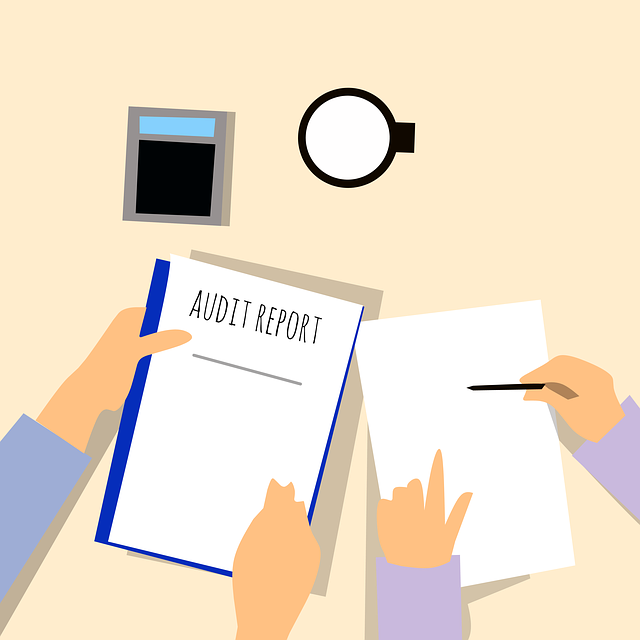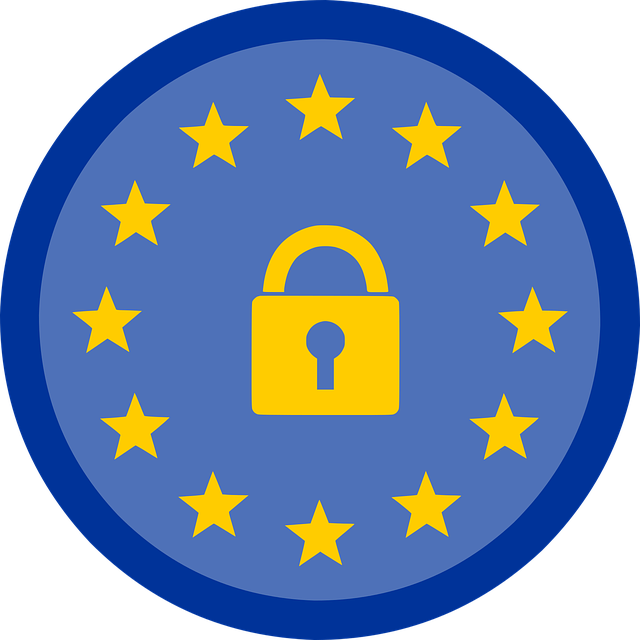In today's digital era, Certified Public Accountants (CPAs) must stay proactive in navigating complex global regulations to maintain financial compliance. Key strategies include utilizing specialized accounting compliance IT tools for automated processes and improved audit trails, and outsourcing IT infrastructure management to Managed Service Providers (MSPs) who offer expert guidance and continuous monitoring. Robust risk management practices, such as data retention policies, strong access controls, encryption, and regular protocol reviews, are essential to protect sensitive financial information. By adopting these measures, CPAs can ensure their IT systems comply with regulations like SOX and GDPR, fostering trust and reliability among clients and stakeholders.
In the digital age, Certified Public Accountants (CPAs) face heightened scrutiny regarding financial IT systems’ regulatory compliance. Navigating this complex landscape is crucial for maintaining integrity and trust in financial reporting. This article guides CPAs through the intricate process of ensuring their systems meet regulatory standards. We explore the role of Managed Service Providers (MSPs) in streamlining compliance, delve into key financial IT systems and their specific requirements, and outline best practices for effective risk management and continuous monitoring.
- Understanding Regulatory Landscape for Financial Compliance
- Role of Managed Service Providers (MSPs) in Ensuring Compliance
- Key Financial IT Systems and Their Regulatory Requirements
- Implementing Effective Risk Management Strategies
- Continuous Monitoring and Auditing for Compliance
- Best Practices for CPAs to Maintain Financial Compliance
Understanding Regulatory Landscape for Financial Compliance

The regulatory landscape for financial compliance is complex and ever-evolving, demanding that CPAs stay ahead of the curve to ensure their IT systems meet stringent standards. Financial regulators worldwide are implementing stricter rules to combat fraud, enhance transparency, and protect consumers. These regulations cover various aspects, from robust access controls accounting and detailed audit trails IT to ensuring data integrity and security. Staying compliant involves a deep understanding of these requirements and their implications on daily operations.
CPAs must be adept at navigating this labyrinthine regulatory environment, especially with the increasing reliance on technology in accounting processes. Accounting compliance IT tools can significantly aid in achieving and maintaining regulatory adherence. By integrating such tools into their systems, CPAs can automate many compliance tasks, streamline audit trail management, and improve overall financial reporting accuracy. This proactive approach not only saves time but also ensures that all aspects of financial operations are meticulously documented and secure.
Role of Managed Service Providers (MSPs) in Ensuring Compliance

Managed Service Providers (MSPs) play a pivotal role in ensuring financial IT systems meet regulatory compliance requirements for CPAs. These providers specialize in delivering technology services, allowing businesses to outsource critical functions like IT infrastructure management and data security. By leveraging MSPs’ expertise, accounting firms can benefit from enhanced financial compliance, as these professionals are well-versed in the latest regulations and best practices. They implement robust audit trails and compliance monitoring systems, ensuring that every transaction is tracked and recorded accurately, thereby facilitating smooth IT audits for accountants.
MSPs also offer continuous support, conducting regular assessments to identify potential gaps in compliance. Their proactive approach includes staying updated with evolving regulatory landscapes, implementing necessary changes, and providing training to staff. This not only ensures adherence to legal requirements but also boosts the overall efficiency of financial processes within the organization, enabling CPAs to focus more on strategic tasks while maintaining the integrity of their IT systems.
Key Financial IT Systems and Their Regulatory Requirements

In today’s digital age, financial IT systems play a pivotal role in ensuring regulatory compliance for Certified Public Accountants (CPAs). Key financial systems such as accounting software, general ledger management platforms, and audit trail tools are subject to stringent regulations like Sarbanes-Oxley (SOX) and the General Data Protection Regulation (GDPR). These systems must be designed with robust security measures, data retention policies, and transparent access logs to safeguard sensitive financial information.
Compliance requires a deep understanding of specific regulatory demands, including data retention periods for CPAs, which vary based on jurisdiction and industry. IT legal support is essential for implementing the necessary controls and procedures within these systems. By leveraging Managed Security Providers (MSPs), CPAs can access expert guidance to navigate complex regulatory landscapes, ensuring their financial data systems comply with both primary and secondary regulations, including effective IT legal support for CPAs and robust regulatory data systems.
Implementing Effective Risk Management Strategies

Implementing robust risk management strategies is a cornerstone for CPAs aiming to uphold financial compliance within their IT systems. This involves a comprehensive approach where organizations identify, assess, and mitigate potential risks associated with data security, privacy, and operational continuity. By adopting specialized accounting compliance IT tools, CPAs can streamline the monitoring process, ensuring continuous tracking of transactions and access rights. These tools facilitate compliance monitoring, enabling efficient audit trails IT, which are vital for demonstrating regulatory adherence during audits.
Effective risk management further entails regular reviews and updates to security protocols, especially with the dynamic nature of regulatory landscapes. It includes implementing strong access controls, data encryption, and backup procedures to safeguard sensitive financial information. Moreover, staying informed about industry best practices and collaborating with managed service providers (MSP) specializing in financial compliance can significantly enhance an organization’s ability to navigate complex regulatory requirements.
Continuous Monitoring and Auditing for Compliance

In today’s digital age, continuous monitoring and auditing are indispensable for CPAs to ensure their financial IT systems meet regulatory compliance requirements. A Managed Service Provider (MSP) specializing in financial compliance can offer real-time insights into system activities, enabling proactive identification of potential non-compliance issues. By implementing advanced accounting compliance IT tools, MSPs facilitate automated data collection, validation, and reporting, streamlining the process for CPAs to stay ahead of evolving regulatory standards.
Regular compliance monitoring goes beyond periodic audits. It involves continuous assessment of system logs, user activities, and data integrity checks. This proactive approach ensures that any deviations or anomalies are promptly addressed, minimizing the risk of non-compliance and potential legal repercussions. Regulatory data systems, when integrated with robust MSP services, provide a comprehensive view of an organization’s financial health, fostering transparency and accountability at all levels.
Best Practices for CPAs to Maintain Financial Compliance

Maintaining financial compliance is a critical aspect of a Certified Public Accountant’s (CPA) role, especially with the ever-evolving regulatory landscape. To ensure their IT systems align with these requirements, CPAs should adopt several best practices. Firstly, implementing robust data retention policies is essential. This involves defining clear periods for keeping financial records and ensuring digital archives are secure and accessible. Regularly reviewing and updating these policies to meet changing regulations is a key step in maintaining compliance.
Additionally, CPAs must prioritize strong file security measures. Protecting sensitive financial data from unauthorized access or breaches is paramount. Utilizing modern security protocols, encryption techniques, and regular staff training on data protection best practices can significantly mitigate risks. By adopting these methods, CPAs can ensure their regulatory data systems are not only compliant but also secure, fostering a culture of trust and reliability among clients and stakeholders.
